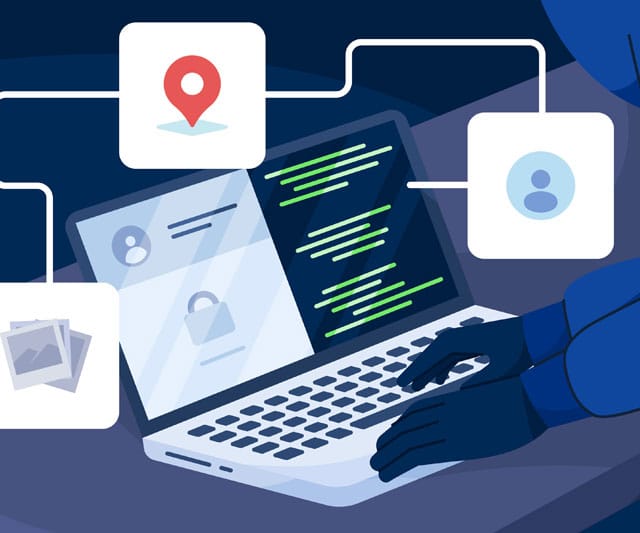Scammers are using fake charities to gather sensitive personal and financial data from unsuspecting donors following Hurricanes Milton and Helene, the Internal Revenue Service warns.
“Many people want to help survivors and their families by donating to charities,” said IRS Commissioner Danny Werfel in a news release. “Too often, criminals take advantage of would-be donors’ kindness by stealing money and personal information from well-meaning taxpayers. You should never feel pressured by solicitors to immediately give to a charity. It’s important to do the research to verify if they’re authentic first.”
Before you make a donation, the IRS recommends using its Tax-Exempt Organization Search (TEOS) tool at IRS.gov to find or verify qualified, legitimate charities. With this tool, donors can:
- Verify if a charity is legitimate
- Check whether it is eligible to receive tax-deductible charitable contributions
- Search for information on a charity’s tax-exempt status and filings.
Before donating, always verify, the IRS recommends. Scammers often use names that sound like well-known charities to cause confusion. Promoters of fake charity can use emails, fake websites, or alter or “spoof” their caller ID to make it appear that a real charity is calling. Ask the fundraiser for the charity’s name, website and mailing address so you can independently confirm the information. By using TEOS, you can verify whether the organization is a legitimate tax-exempt charity.
If a charity asks that donations be sent by giving numbers from a gift card or by wiring money, it’s a scam, according to the IRS. Paying by credit card or check is the safest method — but only after verifying the charity is real.
The IRS advises donors not to share too much information. Scammers are seeking both money and personal information. Don’t give out Social Security numbers, credit card numbers or personal identification numbers.
And don’t give in to pressure. Scammers often pressure people into making an immediate payment, while legitimate charities are willing to wait.
Anyone encountering a fake or suspicious charity should access the FBI’s resources on Charity and Disaster Fraud.
Taxpayers who donate money or goods to a charity can claim a deduction if they itemize deductions. However, these donations only count if they go to a qualified tax-exempt organization recognized by the IRS.







